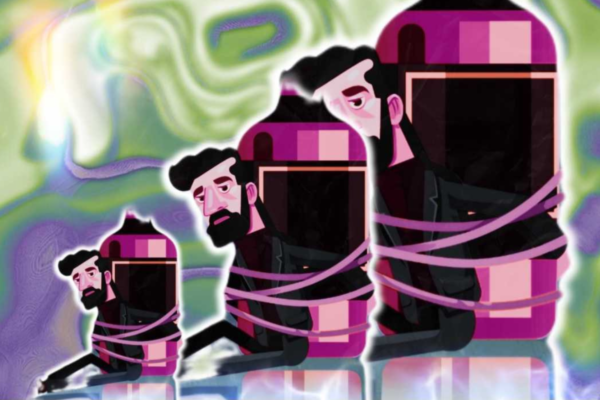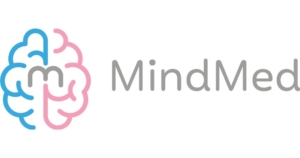
MDMA, the substance in the street drug Ecstasy, is moving closer to becoming a legal pharmaceutical treatment in the U.S. after the first Phase-3 clinical trial showed the medication—when paired with psychotherapy—greatly reduced the severity of post-traumatic stress disorder (PTSD). The results of the study are expected to be published later this month in the journal Nature Medicine.
The trial involved 90 people with severe PTSD, including veterans and people who suffered childhood abuse. Participants first underwent preparatory sessions with two trained therapists followed by three eight-hour sessions spaced one month apart. During the day-long sessions, participants received either MDMA or a placebo and were then guided by therapists to revisit and work through their trauma. Neither the participants nor the therapists knew which medication they were given, though most correctly guessed which they had received.
Two months after treatment, 67 percent of participants who received MDMA no longer experienced symptoms of PTSD compared to 32 percent in the placebo group. MDMA also produced no serious side effects.
“This is about as excited as I can get about a clinical trial, Gul Dolen, a Johns Hopkins University School of Medicine neuroscientist who was not involved in the research, told the New York Times.
Traditional therapies often prescribed for anxiety, depression, and PTSD, treat symptoms. But MDMA, when combined with therapy, enables the brain to process painful memories and heal itself, said Jennifer Mitchell, University of California, San Francisco neuroscientist and lead author of the study.
A second Phase-3 trial studying MDMA-assisted psychotherapy for PTSD is currently underway with 100 participants. If results are positive, the Food and Drug Administration (FDA) could approve the treatment as early as 2023, though some experts say approval may come sooner.
If MDMA is approved, it could pave the way for additional studies exploring MDMA for other hard-to-treat mental health conditions including addiction, phobias, and end-of-life anxiety.





